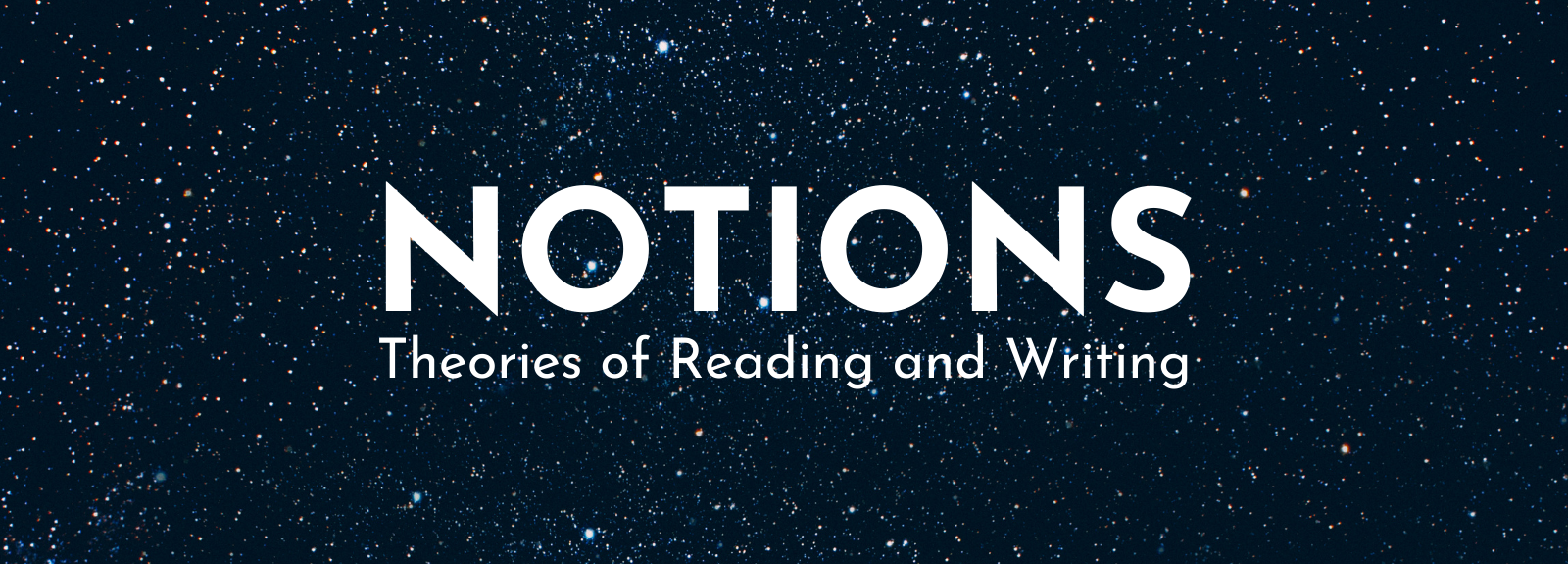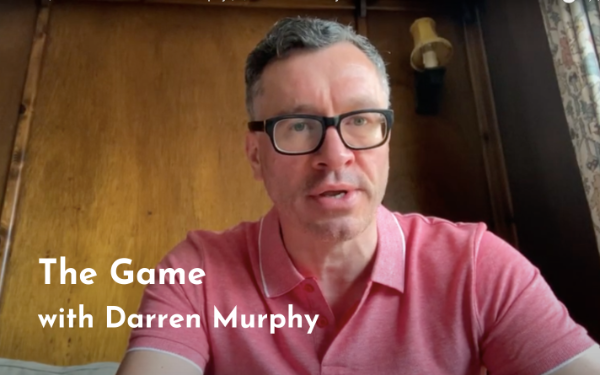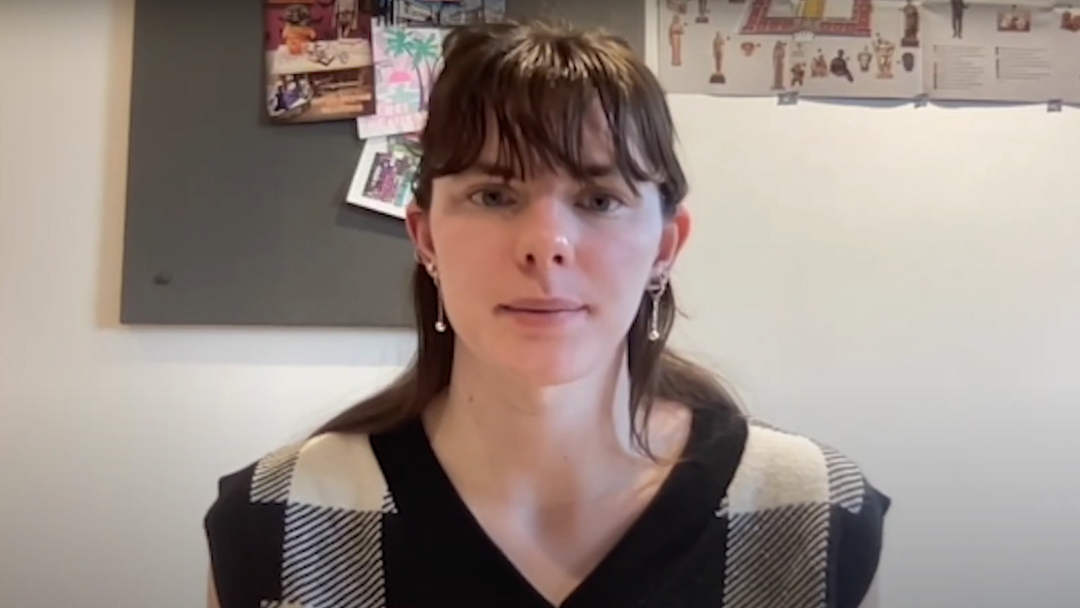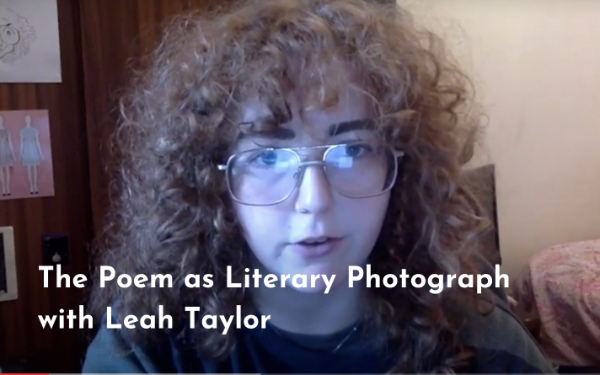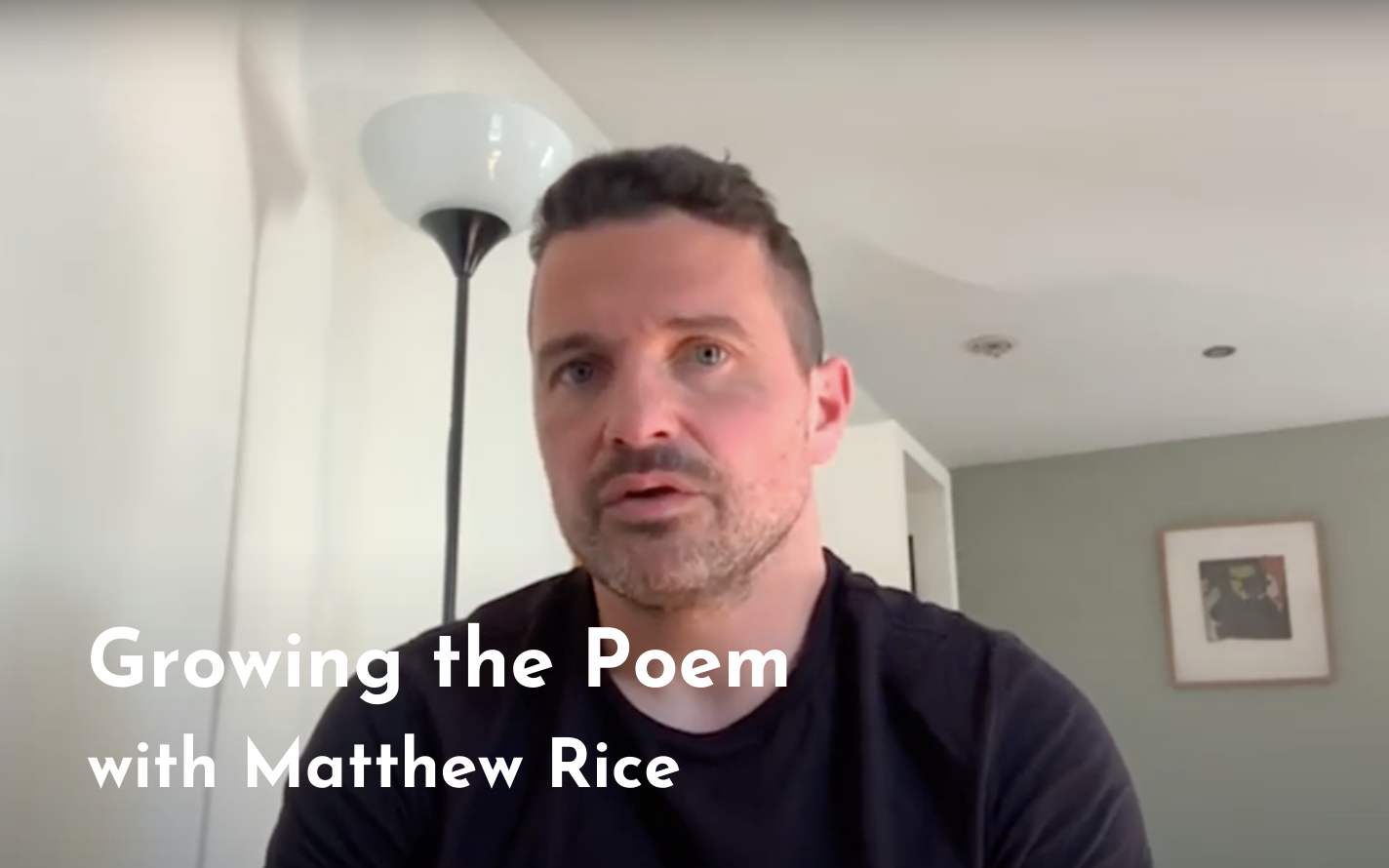Notions
Students and alumni share their thoughts on the literary process and their reading habits in this video series of observation, obscurity and oddity. Through these (approximately) five minute masterclasses, ideas are explained, theories are shared, and concepts are demystified.
Current postgraduate students at the Seamus Heaney Centre are invited to contribute to the series with their own notions.

Engaging introductions to literary terms, theories or concepts
Thoughtful and original ideas or perspectives
Brevity! (videos up to five minutes long)
NOTIONS are aimed at readers or writers (school leavers or older), who are interested in literature as a course of study or career, or just in finding a deeper understanding of the writing they love.
Send submissions or enquiries to shc@qub.ac.uk
The Game (7mins)
Darren Murphy explores his theory that every good play has a game at its centre, and how this becomes the engine which drives the drama forward, giving it a propulsive quality. This present-tenseness, it is argued, is what distinguishes a play from other forms of narrative storytelling, achieving what Galway playwright Tom Murphy called being ‘alive in time at the same time.’
The Auto-Exotic in Belfast Poetry (6 min)
Isabel Crabtree reads Sinéad Morrissey, Leontia Flynn, and Alan Gillis through the lens of Joep Leerssen’s theory of “auto-exoticism” to explore how their work legitimises, complicates, and ironizes the poet’s public role and the politics of change in the post-Good Friday Agreement era.
The Poem as Literary Photograph (6mins)
Leah Taylor discusses her theory that a poem can capture a moment in time, acting as a literary photograph. She shows how the poetic medium allows us to convey the scene just as a photo would, but with added depth, context and emotion – that is, more insight into what's going on.
Growing the Poem (3mins)
Matthew Rice outlines his theory that there is an intangible, organic and mysterious element to writing verse – that the poet must surrender themselves to the moment in order to become forgetful of the ‘self’, as Heaney had it, during the act of composition. The success of a poem created this way, it is argued, may be judged by the terms it alone has set up.

